BY AANYA WIPULASENA
As LGBT communities in India celebrate the decriminalisation of same-sex relationships in the world’s largest democracy, the grim reality is that Sri Lanka has a long way to go, and news-creators and opinion shapers may be part of the problem, media watchers explain
About one year ago, on September 5, 2017 a 33-year-old was beaten to death at a private van park in Dambulla town in the wee hours of the morning. The person sustained fatal injuries to the head from the attack.
What made headlines about the death was not the brutal attack, but the sexual orientation of the victim. In search of sensationalism, mass media headlines screamed about a Kantha wesgath tharunaya poluwalin gasa maradamai (a young man disguised as a woman being beaten to death with poles), Kantha andumin Dambulla nagaraye sarisaru tharunayaku maradamala (a young man who loitered the Dambulla city clad in woman’s clothing killed), and “Cross dresser killed in Dambulla.”

Little did these media outlets know about the harm they are causing to a vulnerable minority group by sensationalising one incident simply because the victim was a member of the lesbian, gay, bisexual, transgender, queer, intersex, and asexual (LGBTQIA) communities.
Media analysts and trainers point out that the style of reporting on what was very likely a hate crime against a marginalised section of society was a serious breach of media ethics.
“Media ethics direct that sexual orientation or gender should not be mentioned if it is not directly relevant to the story,” points out Head, Media Research of Verité Research, Deepanjalie Abeywardana.
According to the Editors’ Guild of Sri Lanka the code of ethics for media practitioners, prejudicial or pejorative reference to a person’s sex should not be mentioned, and a person’s sexual orientation should not be published unless it is directly relevant to the story.

“Then how have these been violated in some of the newspapers?” Abeywardana asked. It is understood that minority portrayal in mass media adopts a problematic nature, especially due to its censorious discourse. The agenda setting theory proves mass media content often draw a parallel with its audience, and significantly reflects and affects the creation of public opinions, especially concerning minority groups such as the LGBTQIA communities. Furthermore, there are positively valenced articles where the media cover inspirational and uplifting stories about such communities, and not-positively valenced reporting that takes the form of homophobia and portray LGBTQIA communities to be leading deviant life-styles. Unfortunately, in Sri Lanka we seem to mostly nurture the latter.’’
Independent media watcher/media researcher Nalaka Gunawardene said based on his experience that spans over many years of media-watching in Sinhala and English languages he can say that ‘Lankan media is extremely intolerant about both sexual diversity and sexual minorities’.
“On the whole, our media professionals – and most Lankans for that matter – are highly ignorant about modern thinking on sexuality and sexual orientation,” he said adding that there is very little understanding of sexual minorities whose spectrum now spans across LGBTQIA.
Problematic reporting usually stems from ignorance of journalists and editors or stubbornness to accept different gender identities.
Gunawardene explained that many of Sri Lankan journalists and editors still seem to think in simple binary terms of male and female, and sexual relations only as heterosexual and anything outside this range is deemed as ‘abnormal’.
Meanwhile, homophobia is reflected in how HIV is reported. Gunawardene said despite statistics to the contrary, some editors make us believe that HIV is an illness predominantly among gay people. A feature article in a weekend Sinhala daily earlier this month carried the headline: Lankakawe samalingikayo wadiwela or (Sri Lanka’s Gay Population Increasing).
“It turned out to be an article on HIV, but was full of distortions and prejudice. As Sinhala newspapers have the widest reach in our society, they inflict the biggest damage with their homophobia,” he said.
Based on this toxic combination of ignorance and prejudice, Gunawardena said, most sections of Lankan media are contemptuous about sexual minorities – who are already oppressed by utterly obsolete British Colonial laws introduced during the Victorian era and instead of speaking out for the human rights of Sri Lanka’s sexual minorities, most of our media reinforces our society’s heterosexual hegemony and pervasive discrimination against LGBTQIA communities.
He affirmed that there is a need for media reforms to address these deep-rooted issues. “Sadly, I don’t see our media industry leaders having the courage or compassion to shed their prejudices to pave the way for a more inclusive society where everyone can live with dignity.” Echoing similar thoughts senior journalist Shan Wijethunga said by the failure of the media to report about issues faced by the LGBTQIA communities, was discrimination in itself, since it denied them the right to be heard. In his experience, Wijethunga explains that this was not just a phenomenon in the Sinhala language newspapers, but also in newspapers published in English and Tamil. He added that despite the bleak outlook, there were a few media outlets that maintain integrity when it comes to this subject.
“Media plays a huge role in forming public opinion. I do not see it giving ample opportunity to the minority groups to voice their stories,” he said adding that Sri Lankan media now seem to have forgotten its basic responsibilities.
The most interesting part about this debate is that throughout history, Sri Lanka had never been a homophobic country. While the island’s sexual minorities were never as mainstream or vibrant as some communities in India for instance, it was only with the advent of the British colonialists that same sex conduct was criminalised.
Human Rights lawyer Gehan Gunatilleke said the specific offence – sexual conduct “against the order of nature” – can be found in the statutes of many former British-occupied territories, and Sri Lanka accordingly inherits its current Penal Code provisions from the British.
“But it is unlikely that same sex conduct was legally tolerated prior to British occupation,” he said.
He explains, Sri Lanka’s Supreme Court has very clearly condemned the current Penal Code offence on same sex relations. In SC Appeal 32/2011, decided in 2016, Justice Buwaneka Aluwihare acknowledged “contemporary thinking that consensual sex between adults should not be policed by the state nor should it be a grounds for criminalisation.” The court held that, while the offence is still part of Sri Lanka’s current law, imposing custodial sentences would be inappropriate in cases where the sexual acts were between consenting adults. The court accordingly ordered only a suspended sentence against the accused in the case.
“Unlike in India, the Sri Lankan Supreme Court does not have post-enactment judicial review powers,” Gunatilleke said adding, “So, it cannot strike down existing legislation in the way the Indian Supreme Court recently did. In that context, its pronouncement in the 2016 case reflects a fairly strong judicial response to the problem – and a clear suggestion to the legislature that Sri Lanka’s Penal Code must be reformed”.
In the meantime, recent attempts to reform the oppressive laws met with resistance from certain sections of society. President Maitripala Sirisena himself publicly took the ‘credit’ of shooting down the proposal by saying Samalingikayo janavavisi kalemamai.
The Sinhala media was not far behind. “Some Sinhala newspapers even printed fake news stories claiming ‘Sri Lanka was about to legalise gay marriage’ when, in fact, all that was under consideration was to end the highly discriminatory criminalisation of sexual relations between consenting adults that falls outside the heterosexual framework,” independent media watcher/media researcher Gunawardene said. Making the situation worse is the fact that most members of Parliament also showed signs of being seriously homophobic. A Parliamentary debate on May 05, 2017 took a nasty turn during an argument between the then Minister of External Affairs Mangala Samaraweera and MP Wimal Weerawansa. Samaraweera was accusing Weerawansa of corrupt practices when UPFA MP Padma Udayashantha Gunasekara called him a ponnaya for after Samaraweera used the term thakkadiya. He maintained that he thought thakkadiya was a good Sinhala term. The term thakkadiya is used to call out a crook, while ‘ponnaya’ is a homophobic slur. Undeterred, Samaraweera said it was better to be a ponnaya than a thakkadiya. Terms such as ponnaya are often used as tools to demonise LGBT+ communities.
“The problem we have is that no one is prosecuted under the law,” says LGBT+ rights activist Waradas Thiyagaraja. He said it is when the state takes legal measures, that activists can take counter-legal measures.
“But instead what happens is individuals who are caught are often subjected to physical assault, sexual assault and even extortion of money,” Thiyagaraja said. A report published by the International Gay and Lesbian Human Rights Commission stated that Sri Lankans were subjected to high levels of sexual violence, emotional violence and physical violence in their own homes and public spaces with ‘no public recourse’ as a result of the existing laws.
“This is a very serious case in Sri Lanka. Suicide rates among the LGBT+ communities are very high,” Thiyagaraja said. However, there is a lack of formal statistics regarding the suicide rates in the community as not all in the community had come out.
The future seems grim, in the backdrop of a five judge bench in India’s Supreme Court victoriously striking down the ban of gay sex and activists like Thiyagaraja anticipate a long struggle ahead. He believes the decriminalisation of same sex relationships in Sri Lanka is unlikely to happen any time soon.
“Even the judiciary in Sri Lanka is very weak. The judiciary is not sympathetic towards the LGBT+ communities,” he added.
The cultural violence allows and justifies demonising and decriminalisation of LGBT+ communities’ rights.
“Media plays an important role in helping the society to accept these communities. Tamil media stays ignorant to the subject, while Sinhala media are being pretentiously ignorant by sensationalising stories of the LGBT+ communities,” Thiyagaraja said.
It speaks volumes about the long struggle ahead for LGBT+ communities that after the monumental Supreme Court ruling just across the Palk Strait that finally offered diginity and equality to a marginalised section of Indian society, only the outspoken Minister of Finance and Mass Media and liberal champion Mangala Samaraweera congratulated the neighbouring country with a tweet: “Congratulations… #India for ‘coming out’ of a Victorian hangover.”
Taken from Sunday Observer

